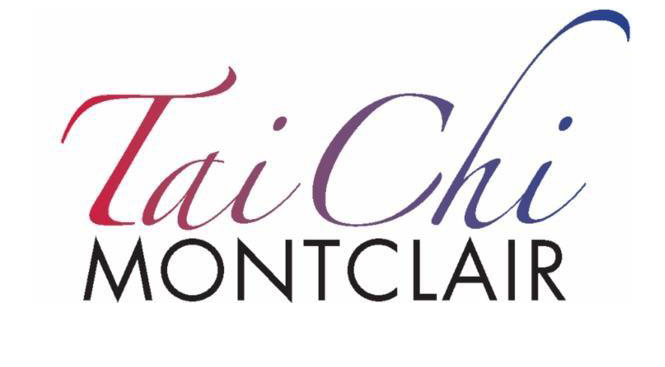Why is the long form long?
/Here at Tai Chi Montclair, we practice the Yang Family Traditional Long Form with 103 movements. We all begin learning the first three (Grasp the Bird's Tail) and work our way through the first section (16 movements), then the second and third if we are smitten. It takes a minimum of one year and for most two two or more to learn the whole thing.
Yang, as the most widely practiced of the five major styles, has had it's slight or not-so-slight modifications over the centuries, made by Yang Family sons and cousins and valued students (often called "disciples") who have themselves branched out across the world. Many of those branches have favored shorter forms like the well known "24" (which in fact was created by a committee in Beijing about 50 years ago, including several “Yangs” but also representatives of other styles). But the "long form" has stayed "long." So why? Our organization is grappling with this question itself, and in consulting some sources I find the answers are straightforward, exactly what I answer when asked:
You are partaking in something great that expands across the centuries. (Imagination is a powerful motivator for me.)
It's a good physical workout. (You don't go to the gym, do one push up and go home, do you?)
It increases focus as your mind can’t wander during the long form or you forget where you are.
The movements gently stretch all ligaments and tendons.
Greater repetition, especially of the harder moves, results in greater ability. Think: Grasp the Birds Tail.
The three sections get longer and more challenging and we can all develop abilities we might never believed possible! Let's seek to grasp that bird's tai every day!
QUOTE OF THE WEEK:
This concise list of "reasons" was taken from Tai Chi Basics, a website based on the work of a doctor and researcher named Herbert Benson. I intend to explore him more. But instead of quoting him I'm going to quote who he quotes. Don't know who Lao Tzu is? That's a subject for another post!
Nature does not hurry, yet everything is accomplished. – Lao Tzu
Anticipate the difficult by managing the easy. – Lao-Tzu

